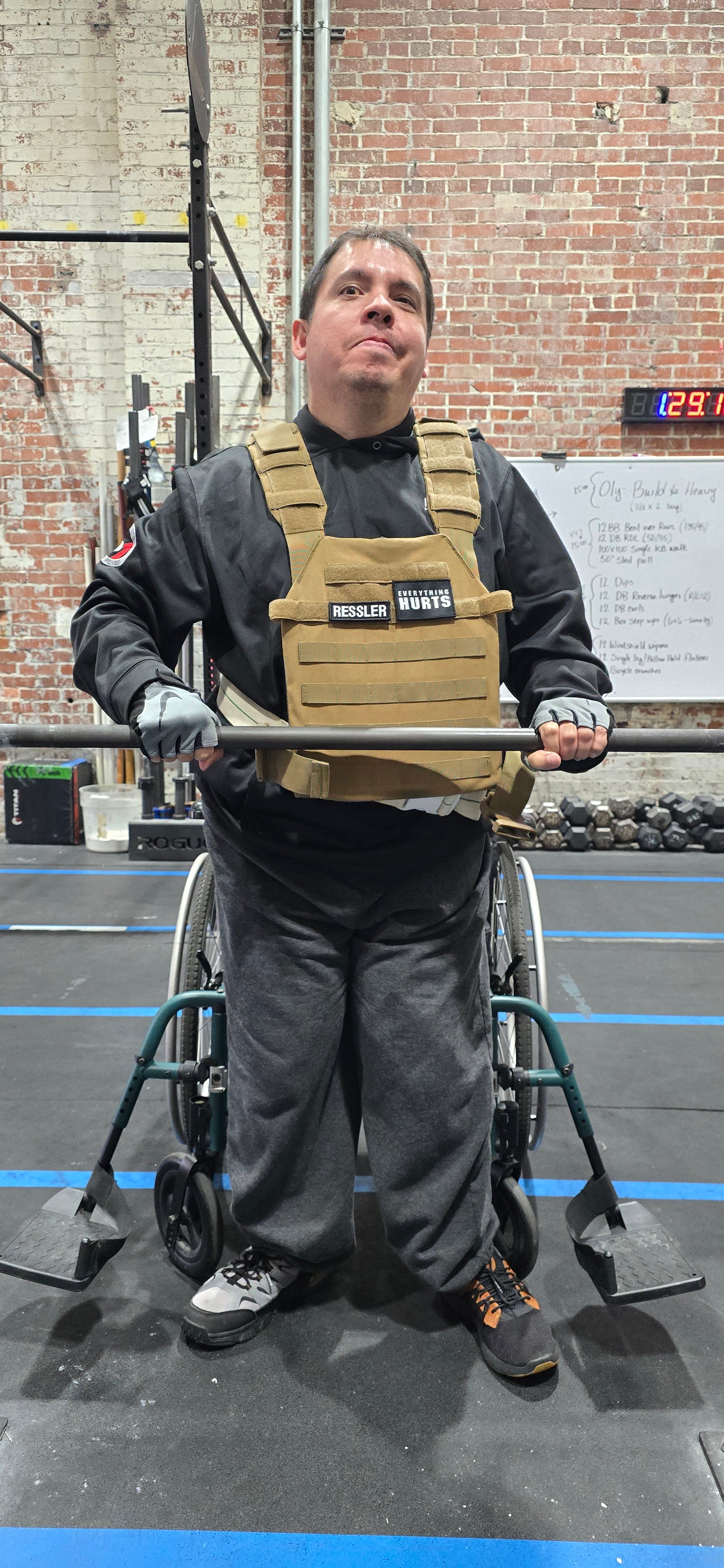As I gear up for the Races and Reps Event’s Kaaginator Challenge on September 21st, I've been reflecting on the importance of deload weeks in training. A deload week is a vital period that allows athletes to recover and recharge before a big event. It involves reducing the intensity and volume of workouts, which helps prevent burnout and enhances performance.
### What is a Deload Week?
A deload week typically occurs after several weeks of intense training. It provides a break for the muscles, joints, and central nervous system. During this time, athletes can maintain their movement patterns while allowing their bodies to recover. This is particularly important before a competition, as it helps ensure that you feel fresh and strong on the day of the event.
### Why Deload Weeks are Encouraged
1. **Prevention of Injury**: Reducing physical strain helps in avoiding overuse injuries.
2. **Mental Reset**: A lighter training week can help clear mental fatigue and keep motivation high.
3. **Performance Enhancement**: Recovery leads to improved strength and endurance when competition day arrives.
4. **Adaptation**: Giving your body time to adapt to previously intense training can lead to better performance outcomes.
### Raising Awareness for IM ABLE Foundation
I'm also excited to raise awareness for the IM ABLE Foundation, an organization dedicated to helping individuals with physical disabilities pursue active lifestyles. Their mission aligns closely with the spirit of the Kaaginator Challenge, promoting inclusivity in fitness. You can learn more and support their cause at [IM ABLE Foundation](https://www.imablefoundation.org).
### 7-Day Deload Schedule Leading Up to the Challenge
**Day 1 (Sept 15)**
- **Workout**: Light full-body workout (e.g., bodyweight exercises, light resistance bands)
- Sit to stands: 3 sets of 10-12 reps
- Bicep curls (light weights): 3 sets of 10-12 reps
- Hammer curls (light weights): 3 sets of 10-12 reps
- **Intake**: Focus on whole foods; lean protein, vegetables, complex carbs
- **Fluids**: 2-3 liters of water
- **Rest**: Aim for 8 hours of sleep
**Day 2 (Sept 16)**
- **Workout**: Active recovery (e.g., walking, yoga)
- **Intake**: Balanced meals with emphasis on hydration
- **Fluids**: 2-3 liters of water and electrolyte drinks
- **Rest**: Light stretching before bed
**Day 3 (Sept 17)**
- **Workout**: Mobility-focused session (e.g., dynamic stretching, foam rolling)
- **Intake**: High-quality protein shakes and nutrient-dense snacks
- **Fluids**: 2-3 liters of water
- **Rest**: 30 minutes of meditation or relaxation
**Day 4 (Sept 18)**
- **Workout**: Light cardio (e.g., cycling or swimming for 20-30 mins)
- **Intake**: Focus on carbs to fuel upcoming efforts
- **Fluids**: 2-3 liters of water
- **Rest**: Continue to prioritize sleep
**Day 5 (Sept 19)**
- **Workout**: Short, light practice of competition movements (focus on form)
- Sit to stands: 3 sets of 6-8 reps
- Bicep curls: 3 sets of 6-8 reps
- **Intake**: Maintain balanced diet; don’t overeat
- **Fluids**: 2-3 liters of water
- **Rest**: Light evening walk to promote relaxation
**Day 6 (Sept 20)**
- **Workout**: Rest day; no intense workouts
- **Intake**: Focus on easily digestible foods
- **Fluids**: Hydrate well; consider electrolyte-rich drinks
- **Rest**: Sleep early to prepare for competition day
**Day 7 (Sept 21)** – **Competition Day**
- **Workout**: Warm-up specific to the event
- **Intake**: Light breakfast with carbs and protein; avoid heavy meals
- **Fluids**: Stay hydrated, sip water throughout the day
- **Rest**: Mental preparation and visualization techniques






